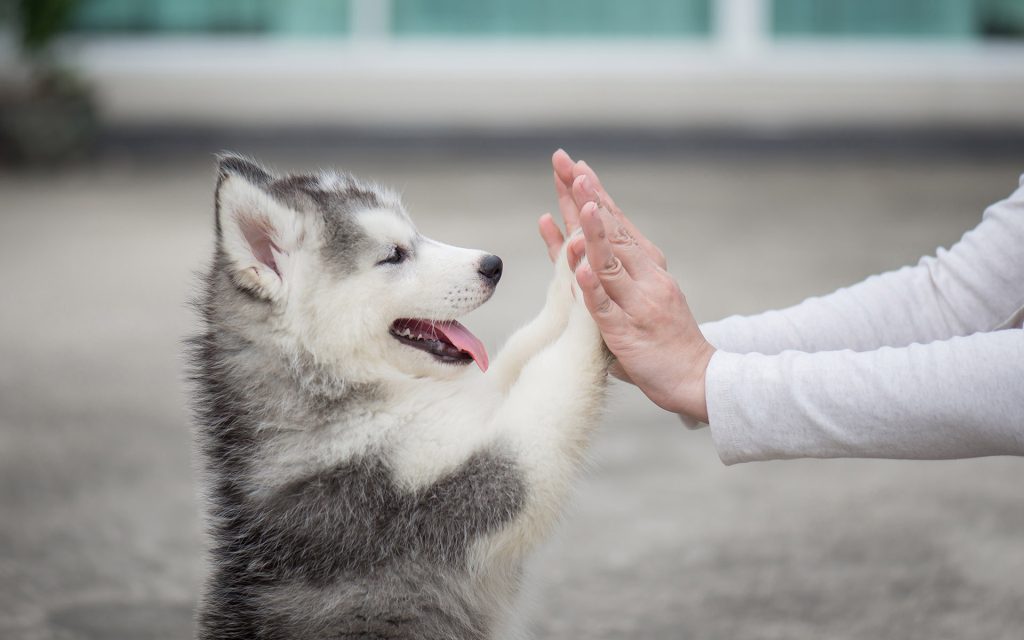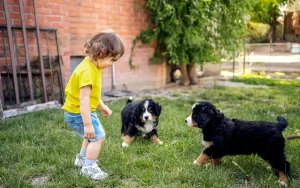
Puppy Gratitude: Teaching Kids to Appreciate Life’s Little Joys
Gratitude is a powerful and essential trait that can significantly impact a child’s life. Teaching children to be grateful helps them develop a positive outlook and build strong relationships.


